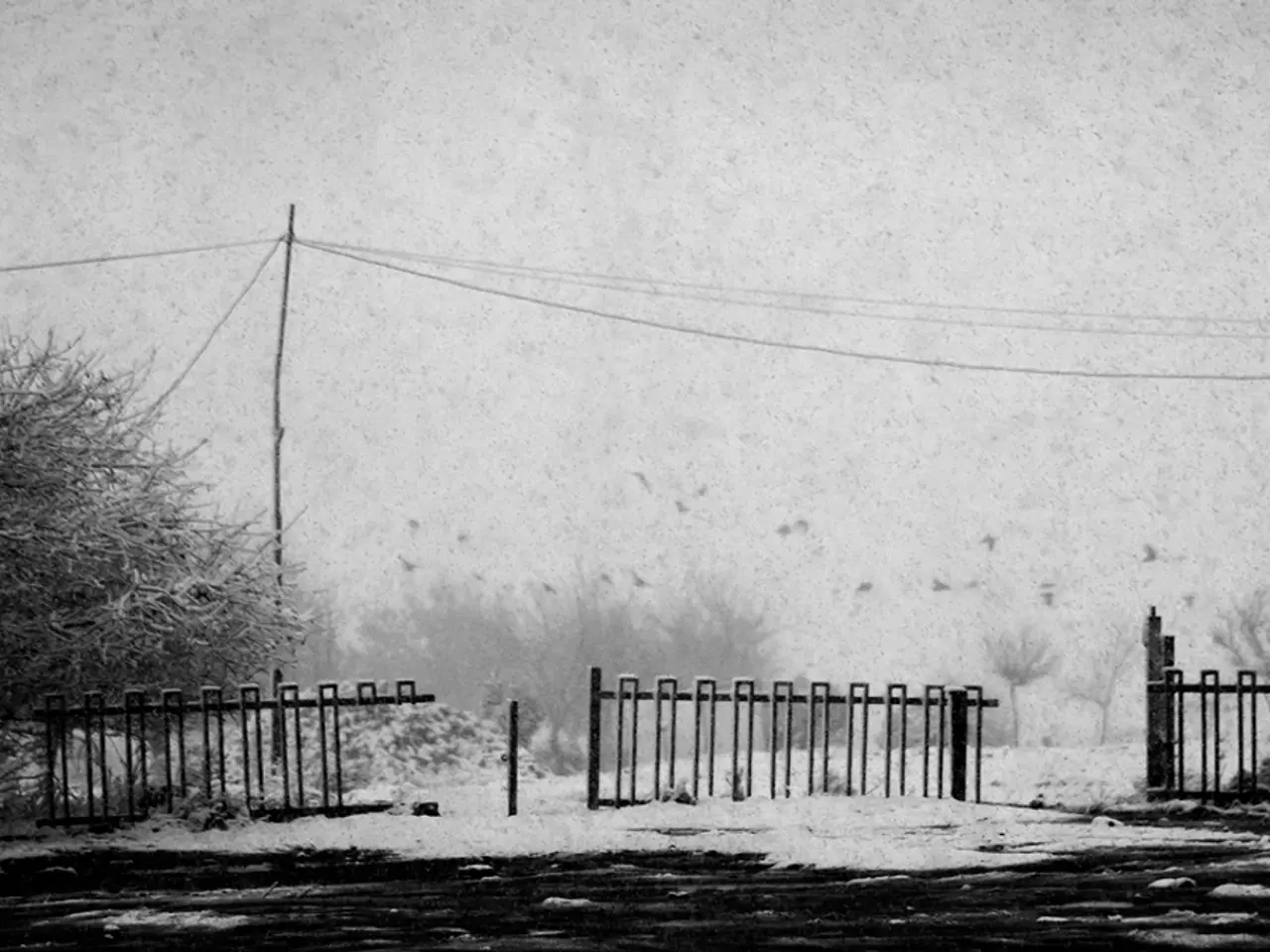Has the summer of this year been chaotic and exciting?
In the Far Eastern region of Russia, a significant shift is underway. The increase in air temperature is causing a shift in air mass movement in the northern hemisphere, leading to a series of unusual events in the summer season. Khabarovsk, Primorye, Sakhalin, and Kamchatka have been experiencing heat, heavy rains, strong magnetic storms, earthquakes, potential tsunamis, and even the awakening of long-dormant volcanoes on Kamchatka.
These unusual events have caused concern among the people in the affected regions. Alexei Makhinov, a prominent scientist based in Khabarovsk, is discussing these events in the context of climate change. Makhinov, who is the Deputy Director for Scientific Work at the Institute of Water and Environmental Problems of the Far Eastern Branch of the Russian Academy of Sciences, and a Doctor of Geographical Sciences, is careful not to exaggerate the situation but acknowledges the possibility of climate change.
Makhinov believes that there was nothing this summer in the Far Eastern region that hadn't happened before. However, he emphasizes the importance of understanding the world we live in to make it seem less mysterious or hostile. He also suggests that if some animals and plants die as a result of climate changes, it's not a problem because nature will adapt to the new conditions, and new landscapes with different animals and plants will emerge.
On the other hand, the changes in the climate pose a threat of extreme floods in the region. Makhinov's perspective on people's sensitivity towards natural phenomena is that they were closer to nature in the past, accepting events as natural processes. He believes that as society becomes more detached from nature, the perception of these events as abnormal increases.
Meanwhile, some initiatives are being taken to mitigate the adverse consequences of climate change. Sakhalin, for instance, has made progress in reducing carbon emissions and improving air quality through ambitious climate initiatives. These efforts have led to better local environmental conditions and reduced forest fire impact.
In conclusion, the Far Eastern Russian region, including Khabarovsk, is experiencing warmer temperatures and extended growing seasons, affecting agriculture and possibly other natural systems. Initiatives like those in Sakhalin indicate proactive regional responses to climate change impacts. As the world grapples with this global phenomenon, understanding and addressing its local impacts will be crucial in ensuring a sustainable future.
Science and health-and-wellness are closely connected in this context, as Alexei Makhinov, a well-known scientist in Khabarovsk, focuses on analyzing the unusual events happening in the Far Eastern region of Russia, such as heat, heavy rains, and earthquakes, in relation to climate change.
Furthermore, the environmental-science community finds significant importance in recognizing the changing climate, as it can lead to threats like extreme floods in the region, highlighting the need for proactive measures against climate change impacts, as observed in initiatives like the ones in Sakhalin, where carbon emissions and air quality are being improved.




